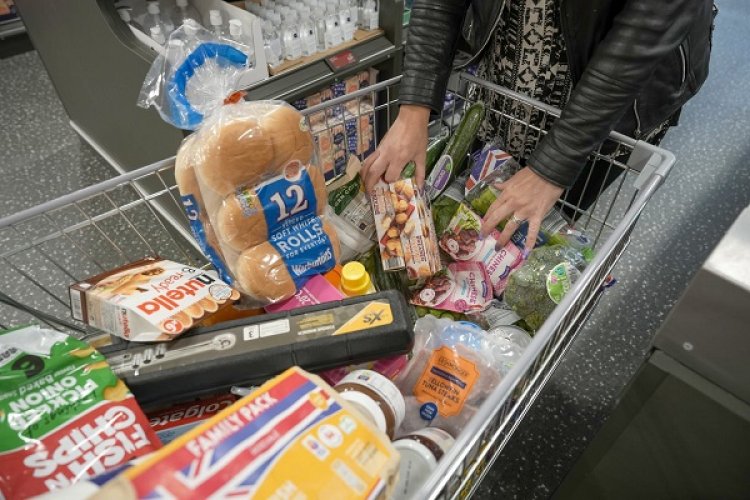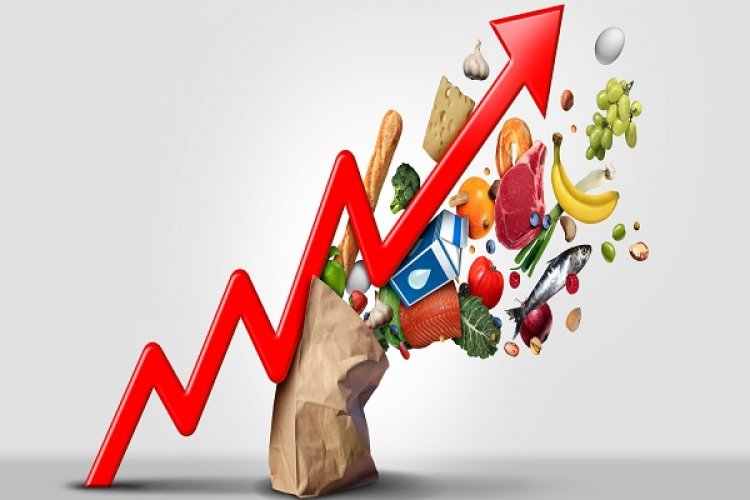10% rise .. Inflation strikes Britain again
The situation is likely to get worse, as the Bank of England (BoE) expects inflation to exceed 13 percent in the last quarter of this year.

The situation is likely to get worse, as the Bank of England (BoE) expects inflation to exceed 13 percent in the last quarter of this year.
According to the Office for National Statistics (ONS), the current rise in prices means everyday items such as basic foods, fuel, clothes, shoes and furniture have all gone up over the past year, a development that threatens to do the most damage to low-income families at a time when they cannot afford it.
Commodity price hike
Rising costs, staff shortages, and supply chain disruptions are known to affect both popular retail brands and small businesses alike, leaving them with few options.
"After a slight dip in the last month, headline inflation is back to the highest levels seen earlier in the summer," said Darren Morgan, director of the Office of Economic Statistics at the Office for National Statistics.
The rise was driven by other increases in food, which saw their biggest annual rise in more than 40 years, while hotel prices also rose after falling at this time last year.
These increases were partially offset by the continued decline in gasoline prices, with airline prices dropping more than usual at this time of year and used car prices rising less sharply than the big increases experienced last year.

Unemployment increase
The Bank of England last week predicted the longest recession in the country since records began nearly a hundred years ago, suggesting that the downturn that began in the third quarter is likely to last until 2024, and raise unemployment to 6.5 percent over the next two years.
The Bank of England indicated that even without further rate hikes, the economy would contract in five of the six quarters until the end of 2023.















